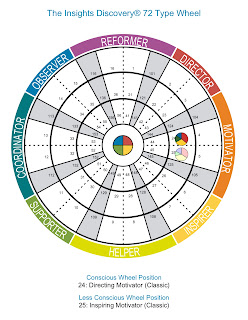Expect a wider net neutrality debate
Until the last few days, the debate over net neutrality in America and Britain has been over whether internet providers could/should be allowed to provide a faster and better class of service to those who pay. Highly controversial and any change would be a major shift of the basic design principles when Internet Protocol was first agreed. Oddly, we've seen UK government trying to argue support for both sides of the debate within hours.
Now, though, #WikiLeaks has raised a new set of concerns. Two articles in The Guardian in the past few hours point out some of the issues:
- John Naughton wrote yesterday evening that Western governments have a stark choice either to "learn to live in a WikiLeakable world, with all that implies in terms of their future behaviour; or they [must] shut down the internet."
He said, "The attack of WikiLeaks also ought to be a wake-up call for anyone who has rosy fantasies about whose side cloud computing providers are on." - Today Charles Arthur has built on that thought, commenting "The move to cloud computing is unstoppable – but WikiLeaks gives us pause: Putting data in to the 'cloud' suits companies but does not evade political pressures."
Don't be misled. Cloud computing is far from dead: also today, BBC is reporting the massive economic potential of this trend. It's data from a report by CEBR, commissioned by EMC - a cloud computing vendor which claims 2011 will be the year of the cloud.
Of course, they're all correct! There is massive potential in cloud computing to cut costs and increase revenue; and start new business models and revenue streams...
But in so many areas of life people fail to take out adequate insurance and don't see the benefits until faced with the costs of a loss. Even fewer understand the implications of new technologies that are brought all too rapidly to the market place. It's the same with cloud computing and smart businesses are exploring the options with the benefit of informed guidance and experienced advice.
Expect savvy users to become more aware of issues surrounding privacy and trust, not just the technicalities and economics of outsourcing what previously had been done in a computer room on site.



Comments